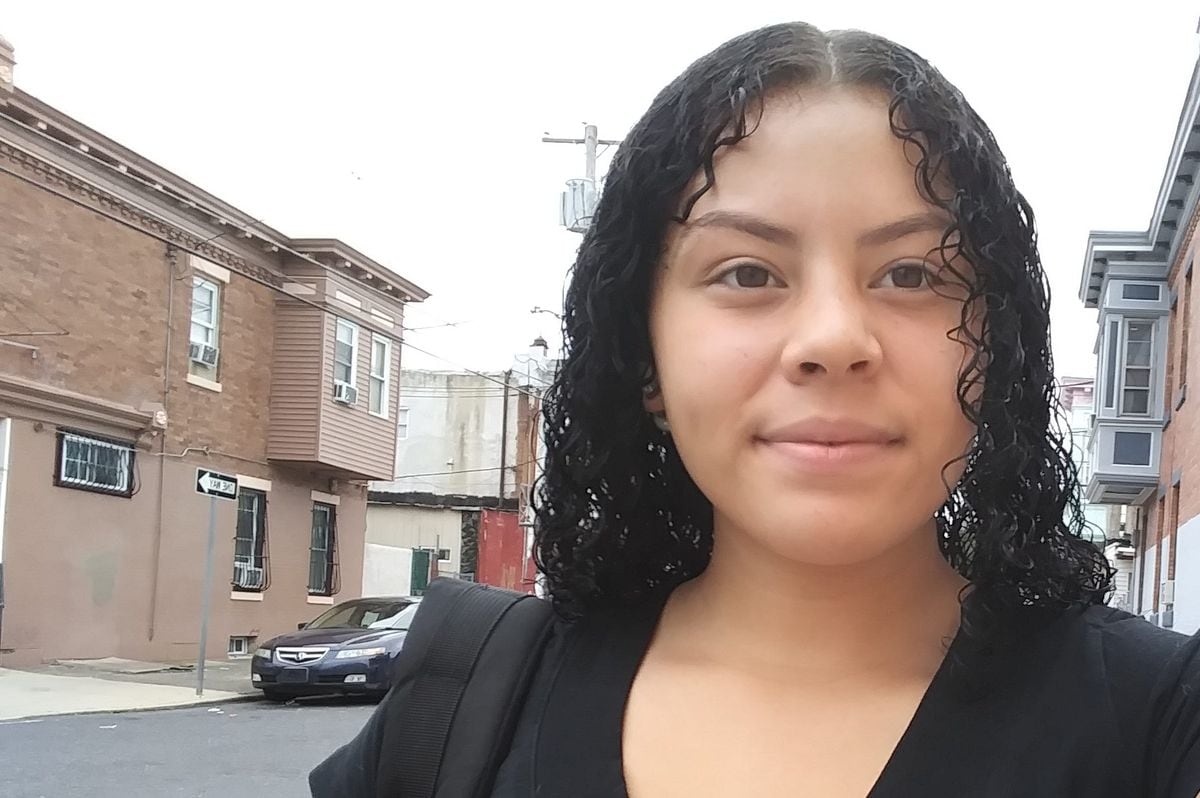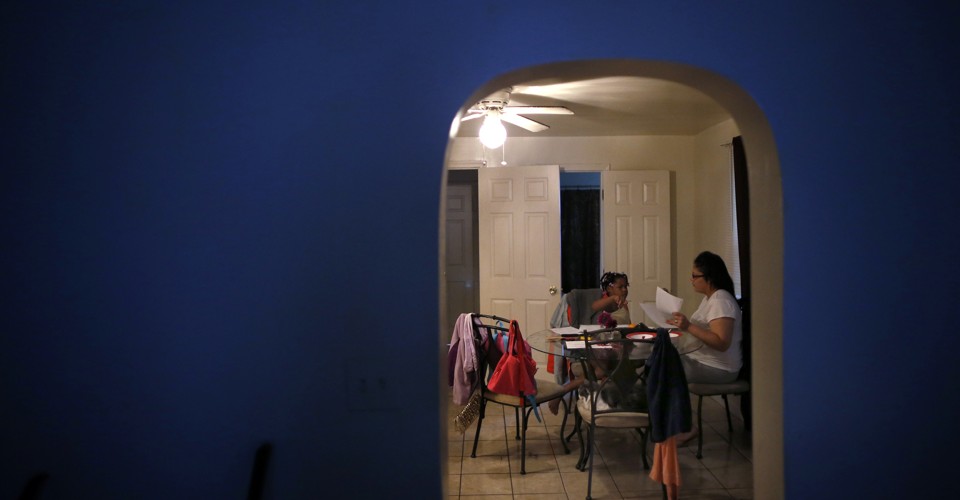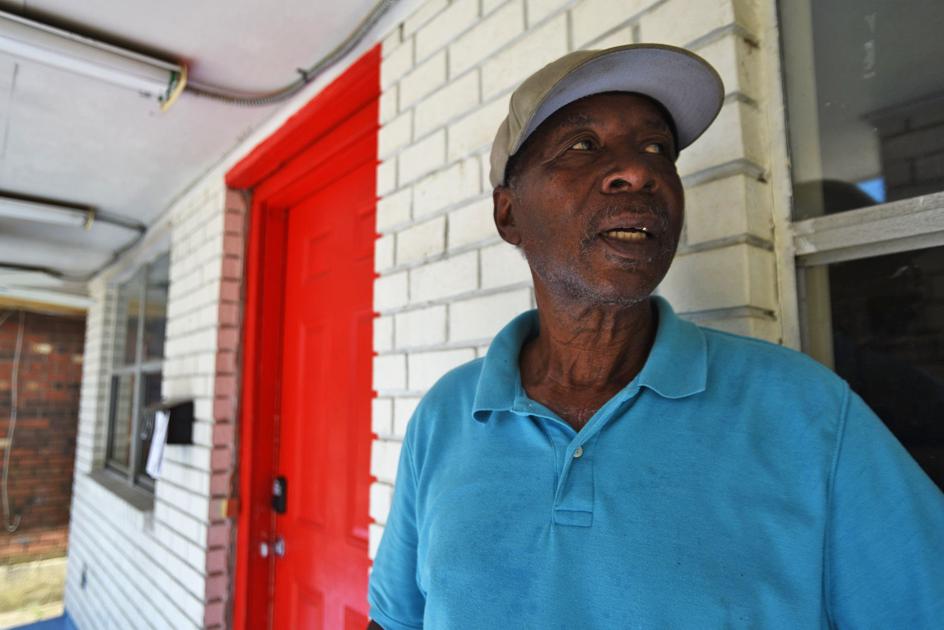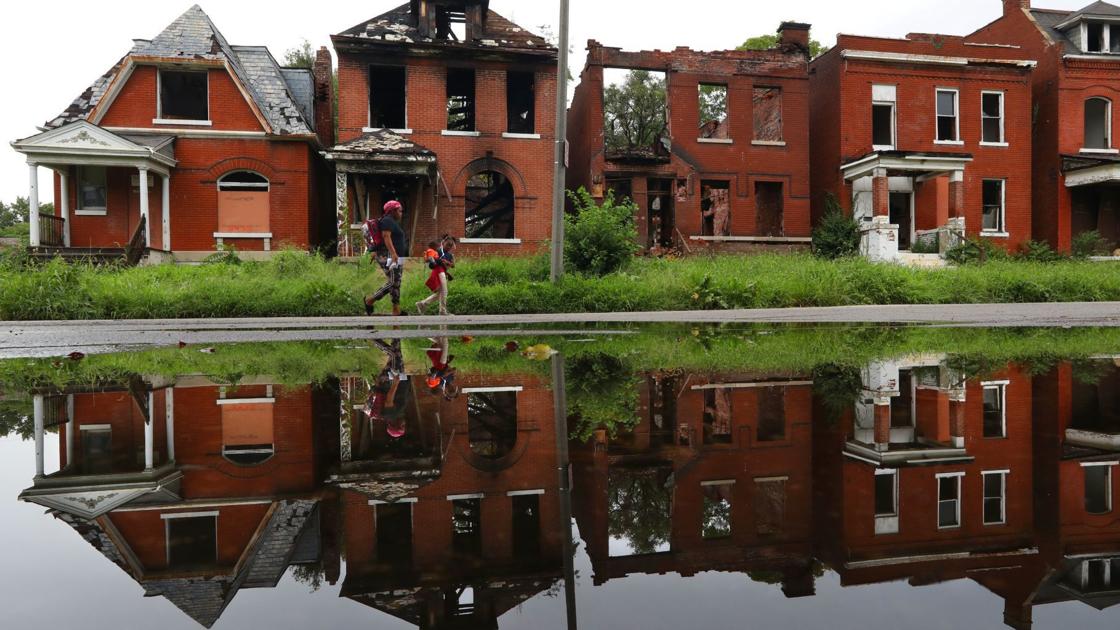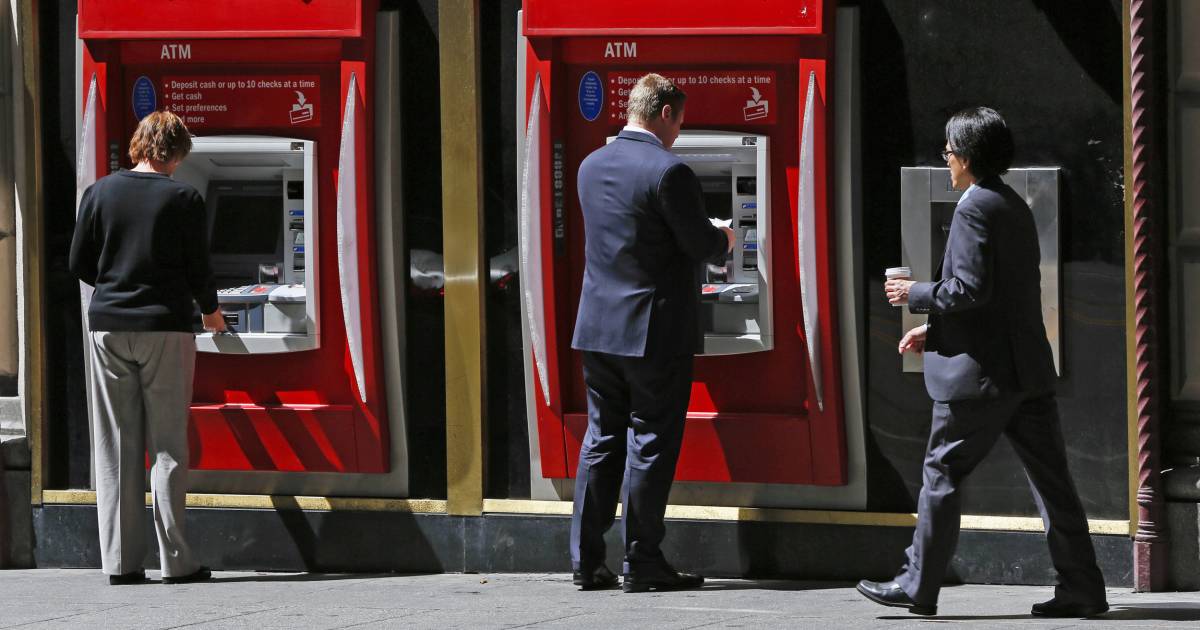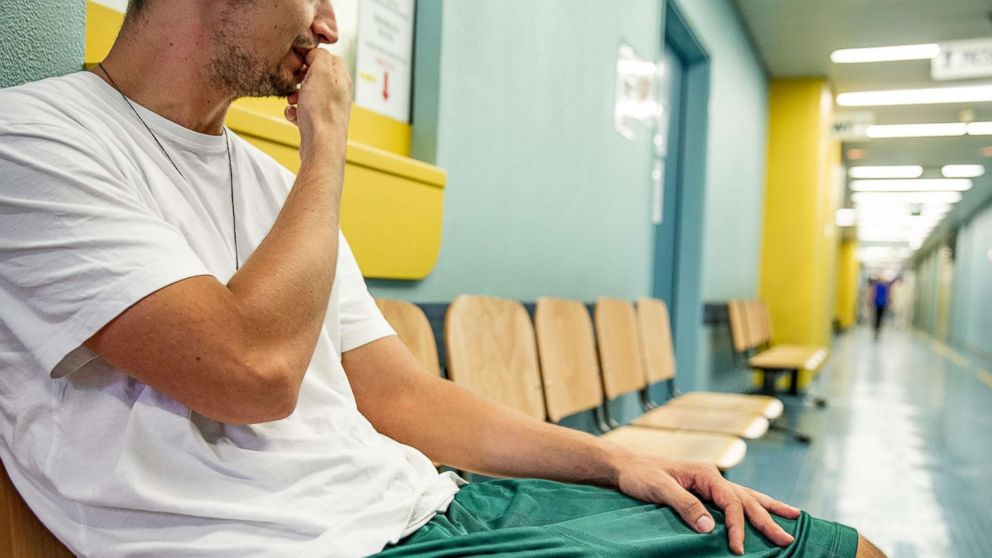Arkansas is the first state to test it, and thousands have been kicked off the program.
Colorado?s expansion of Medicaid has triggered a 29 percentage point drop in the uninsured rate for low-income adults in rural areas and small towns — the largest decrease experienced by a st…
A rule proposed by the Trump administration could force immigrants seeking permanent resident status to prove they will never become reliant on government assistance.
The Trump administration proposes new rules that could keep immigrants from receiving a host of government welfare benefits.
The people who spend their days fighting poverty say kids here are no better off than before, despite the U.S. Census Bureau’s report.
Changes to welfare benefits and funding cuts are driving the working poor into crisis — and reversing a long-term decline in the childhood poverty rate.
State’s plight offers broader message about a U.S. economy where workers at bottom aren’t reaping rewards of growth
Welfare reform has driven many low-income parents to depend more heavily on family and friends for food, childcare, and cash.
Over half of Seattle renters hit with eviction notices last year owed one month’s rent or less, and many tenants who are ultimately evicted wind up homeless, according to a new study of evictions and their consequences. The study,…
For Osby Bryant, $35 is a lifeline. That?s how much the federal food stamp program sends every month to the Shreveport native, who spent 43 years in prison for murder.
A referendum on the November ballot in Florida would re-enfranchise 1.5 million citizens — and could change the state’s electorate.





